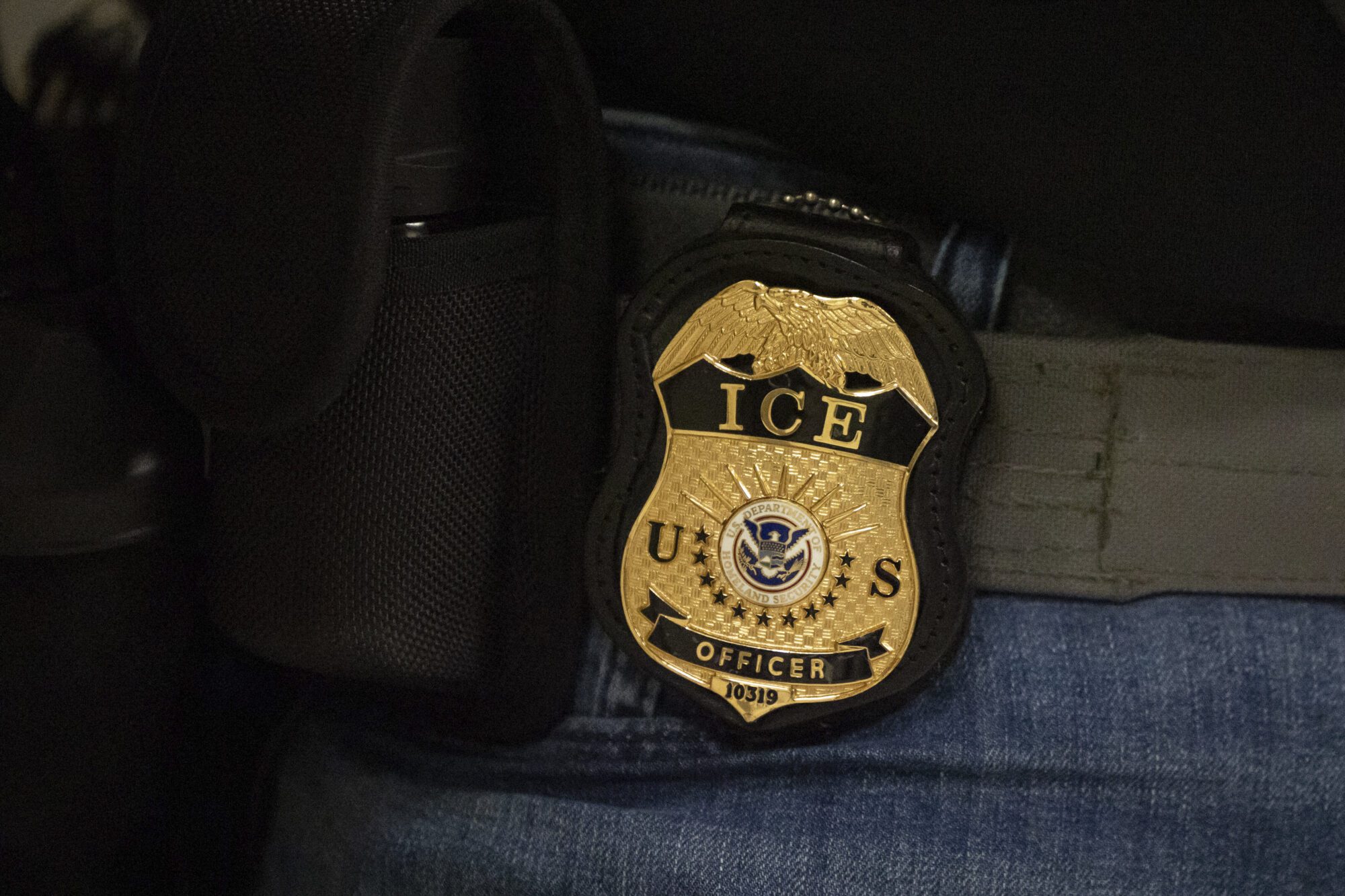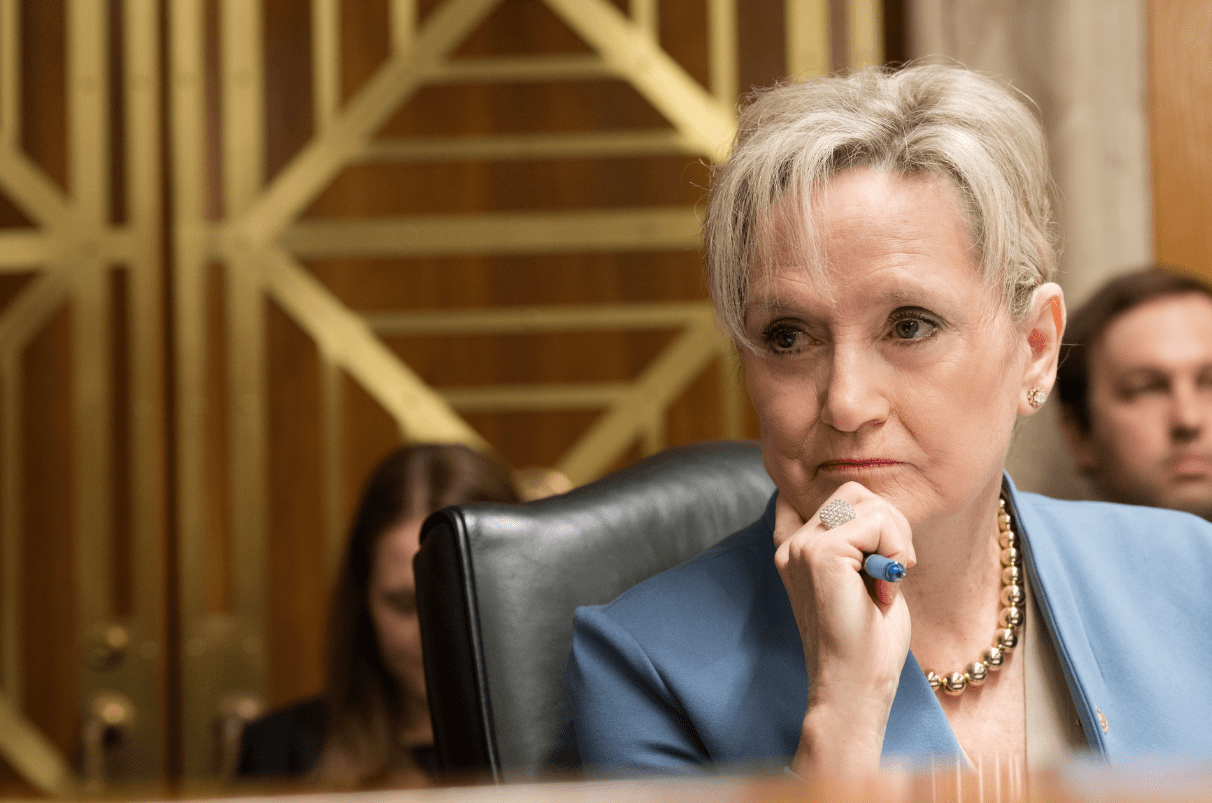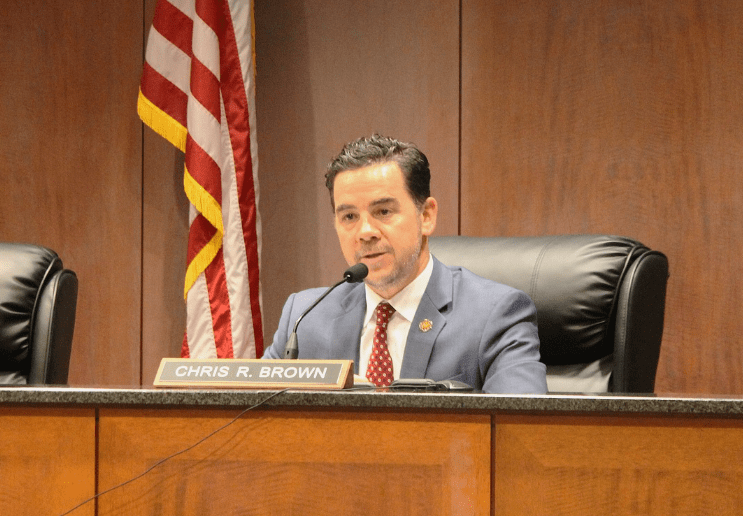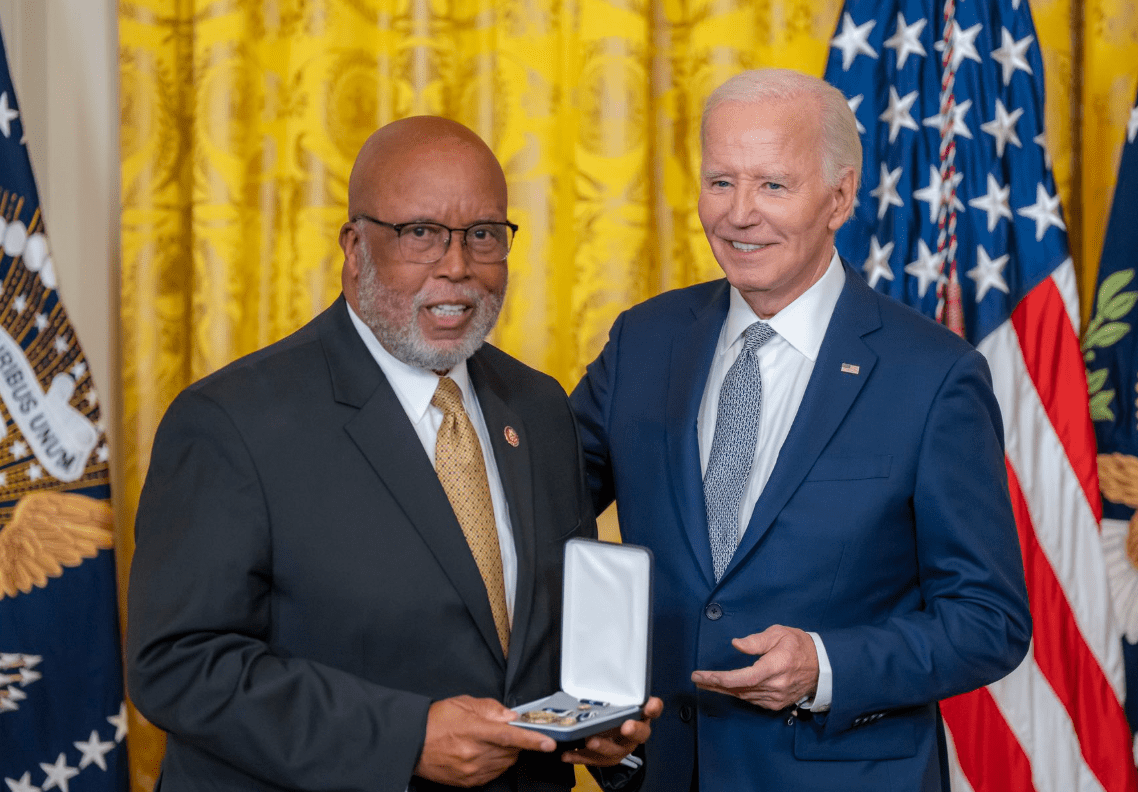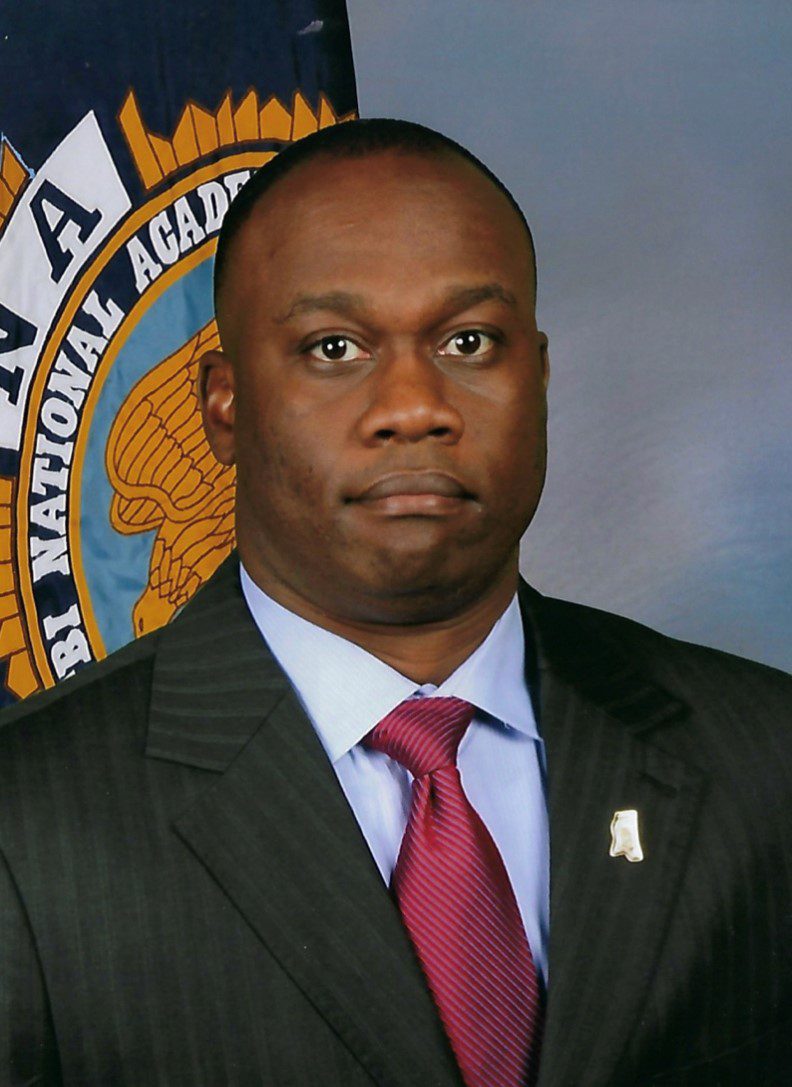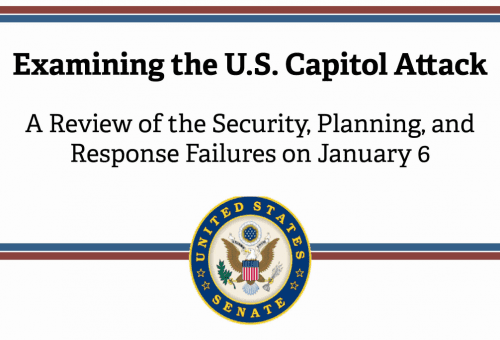
Senator Wicker comments on release of report.
The Senate Rules Committee and the Homeland Security and Governmental Affairs Committee, which have been investigating the security, planning, and response to the invasion of the U.S. Capitol on January 6, 2021, released a bipartisan report on Tuesday. It includes a series of recommendations for the Capitol Police Board, United States Capitol Police (USCP), federal intelligence agencies, the Department of Defense (DOD), and other Capital region law enforcement agencies.
According to the report, the Committees’ investigation uncovered a number of failures leading up to and on January 6th that allowed for the Capitol to be breached. These breakdowns ranged from federal intelligence agencies failing to warn of a potential for violence to a lack of planning and inadequate-preparation by USCP and law enforcement:
- The Federal Intelligence Community—led by the Federal Bureau of Investigation (FBI) and Department of Homeland Security (DHS)—did not warn of a potential for violence on January 6th.
- USCP intelligence components failed to convey the full scope of threat information they possessed.
- USCP was not adequately prepared to prevent or respond to the January 6th security threats, which contributed to the breach of the Capitol.
- Opaque processes and a lack of emergency authority delayed requests for National Guard assistance.
- The intelligence failures, coupled with the Capitol Police Board’s failure to request National Guard assistance prior to January 6th, meant the District of Columbia National Guard (DCNG) was not activated, staged, and prepared to quickly respond to an attack on the Capitol. As the attack unfolded, the Department of Defense (DOD) required time to approve the request and gather, equip, and instruct its personnel on the mission, which resulted in additional delays.
Mississippi Senator Roger Wicker, a member of the Senate Rules Committee, said in a statement that the report details what many have known all along.

“A series of preventable intelligence and security failures allowed rioters to break into the U.S. Capitol building in an attempt to disrupt a Joint Session of Congress. As a direct consequence of this lawless invasion, seven people, including three law enforcement officers, lost their lives and hundreds more were injured,” Wicker said. “I look forward to considering the recommendations included in this report and providing the U.S. Capitol Police the tools they need to continue keeping our Capitol safe for visitors, staff, and lawmakers alike.”
Two days after the January 6th incident, the Senate Homeland Security and Governmental Affairs Committee and the Senate Committee on Rules and Administration announced a joint bipartisan oversight investigation to examine the intelligence and security failures that led to the attack. Subsequently, the Committees held two oversight hearings.
The Senate report does provide a series of recommendations, summarized below from the release.
CAPITOL POLICE BOARD
- Empower the Chief of the USCP to request assistance from the D.C. National Guard in emergency situations.
- Document and streamline Board policies and procedures for submitting, reviewing, and approving requests from USCP to ensure coordination among all members of the Board.
- Ensure the Board is appropriately balancing the need to share information with officials with the need to protect sensitive and classified information.
- Appoint a new Chief of the Capitol Police with appropriate input from USCP officers, congressional leadership, and the committees of jurisdiction.
U.S. CAPITOL POLICE
- Ensure USCP has sufficient civilian and sworn personnel, with appropriate training and equipment, in the roles necessary to fulfill its mission.
- Require a department-wide operational plan for special events.
- Establish the Civil Disturbance Unit (CDU) as a formal, permanent component of the USCP and ensure that its dedicated officers are properly trained and equipped at all times.
- Consolidate and elevate all USCP intelligence units into an Intelligence Bureau, led by a civilian Director of Intelligence reporting to the Assistant Chief of Police for Protective and Intelligence Operations; ensure the Bureau is adequately staffed and all agents and analysts are properly trained to receive and analyze intelligence information; and develop policies to disseminate intelligence information to leadership and rank-and-file officers effectively.
- Update its Incident Command System Directive to address how Incident Commanders are to communicate priorities, strategies, tactics, and threat assessment to front-line officers prior to and during an incident and ensure that the Directive is followed.
INTELLIGENCE AGENCIES
- Review and evaluate handling of open-source information, such as social media, containing threats of violence.
- Review and evaluate criteria for issuing and communicating intelligence assessments, bulletins, and other products to consumer agencies, such as the Capitol Police.
- Fully comply with statutory reporting requirements to Congress on domestic terrorism data, including on the threat level and the resources dedicated to countering the threat.
DEPARTMENT OF DEFENSE/D.C. NATIONAL GUARD
- Develop standing “concept of operation” scenarios and contingency plans for responding quickly to civil disturbance and terrorism incidents.
- Enhance communications prior to and during an event between DOD and DCNG strategic, operational, and tactical decision-makers and commanding generals.
- Practice for the mobilization of additional National Guard members from neighboring jurisdictions to provide immediate assistance and report to command and control in the event of an emergency.
- For special events in which a Quick Reaction Force (QRF) is approved, consider proximity and response, among other factors, when deciding where to stage the QRF to ensure the ability to quickly respond to incidents at the Capitol.
- Clarify the approval processes and chain of command within DOD to prevent delays in authorizing the deployment of the DCNG when authorized.
LAW ENFORCEMENT AND UNIFORMED SERVICES IN THE NATIONAL CAPITAL REGION
- Ensure that Mutual Aid Agreements among federal, state, and local law enforcement agencies include all partners in the National Capital Region and that those agreements are regularly reviewed and updated.
- Conduct joint training exercises to ensure coordination across federal, state, and local governments concerning security threats in the Washington, D.C. area for requesting, receiving, and utilizing emergency assistance.
HOUSE AND SENATE SERGEANTS-AT-ARMS
- Develop protocols for communicating with Members of Congress, staff, and other employees during emergencies.
On Tuesday afternoon Senator Hyde-Smith released the following statement on the report:
“Discovering every failure that contributed to the disgraceful attack on the Capitol is an ongoing process. This joint investigation pinpoints numerous security mistakes and shortcomings. More importantly, it also makes strong recommendations to ensure destructive forces never again breach our Capitol. Our focus should be on implementing these recommendations with bipartisan resolve. Ensuring our U.S. Capitol Police have the intelligence and resources they need is close to my heart, and I am glad to see so many recommendations aimed at achieving that goal.”
The full report can be viewed below or by clicking here.
###
The release from the Senate Rules and Administration Committee was used in this article.
